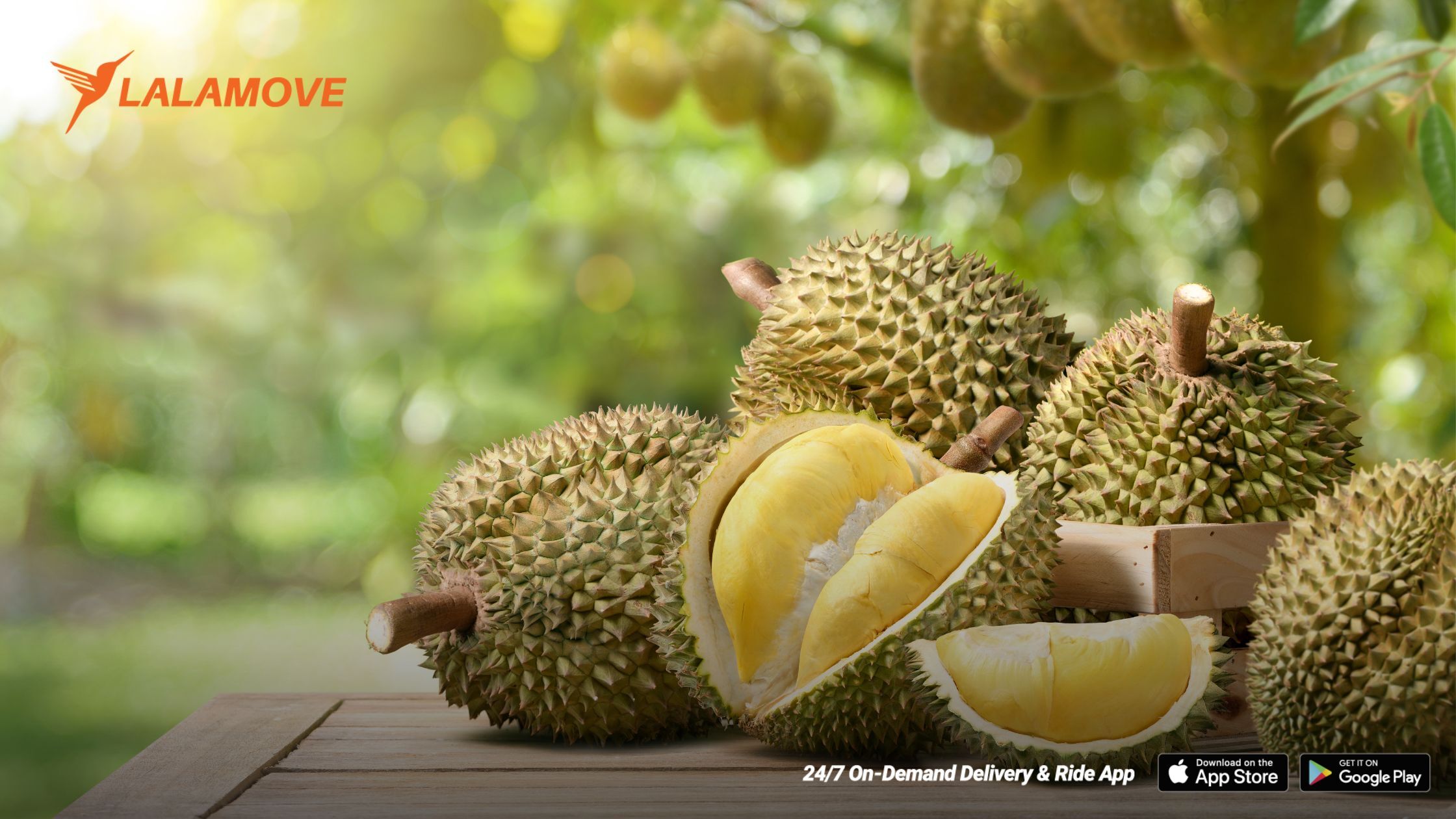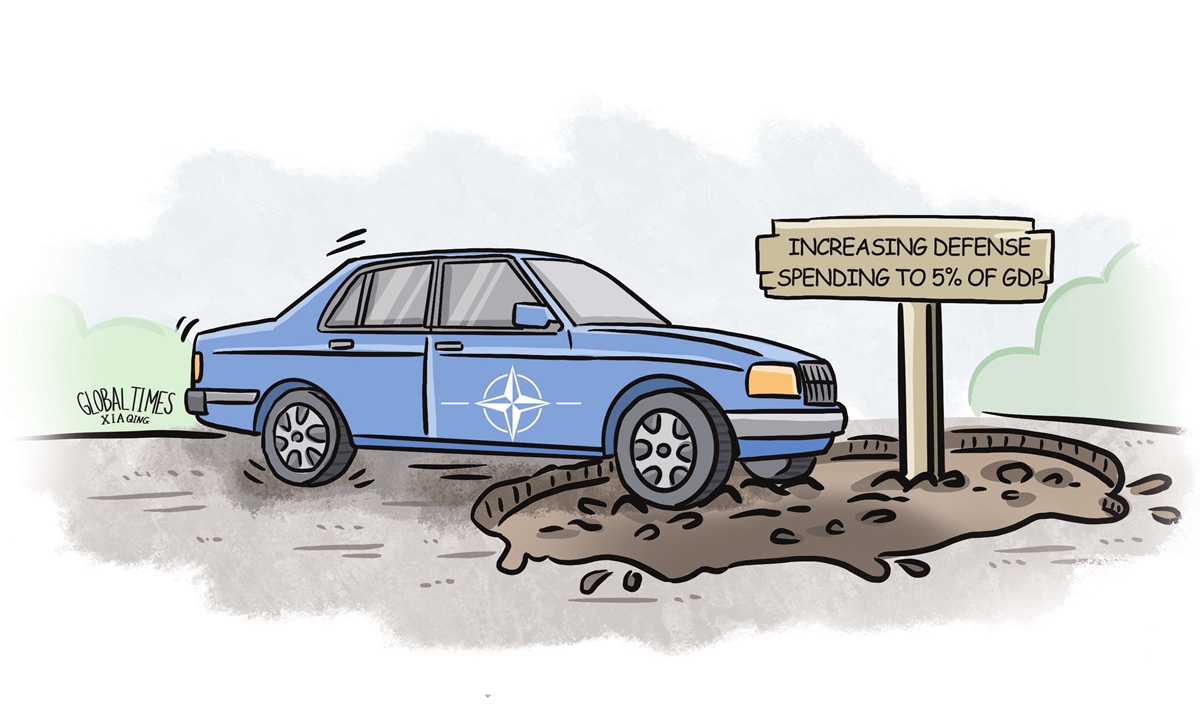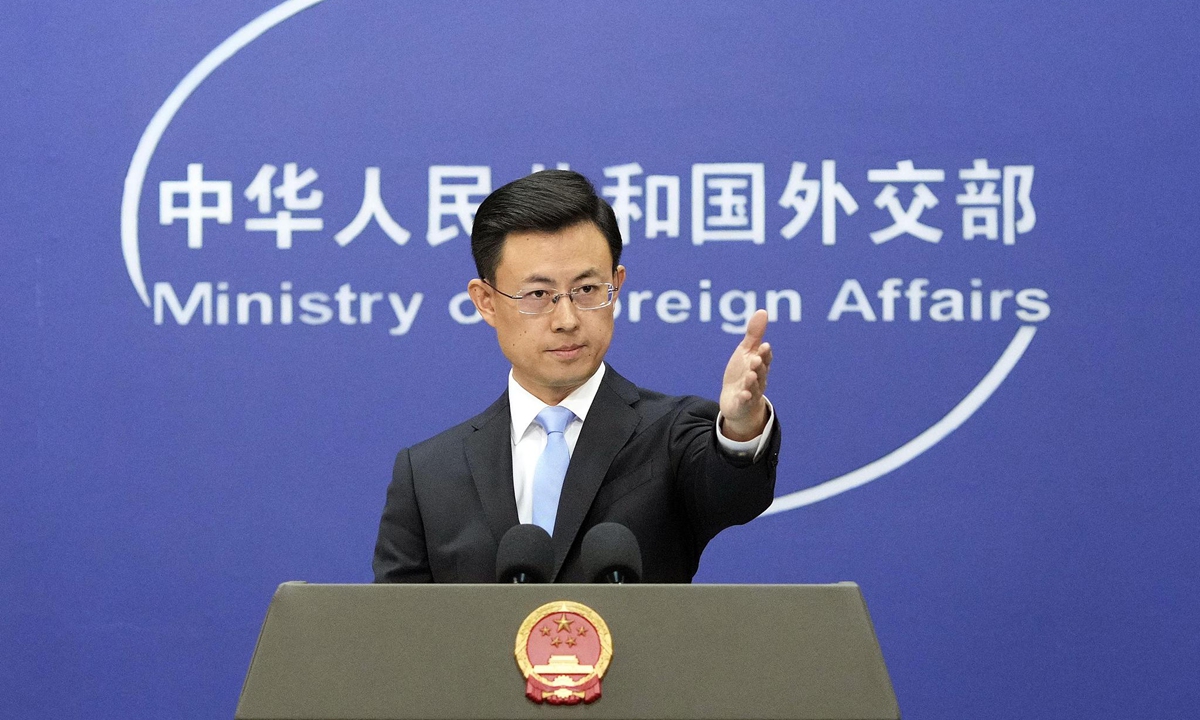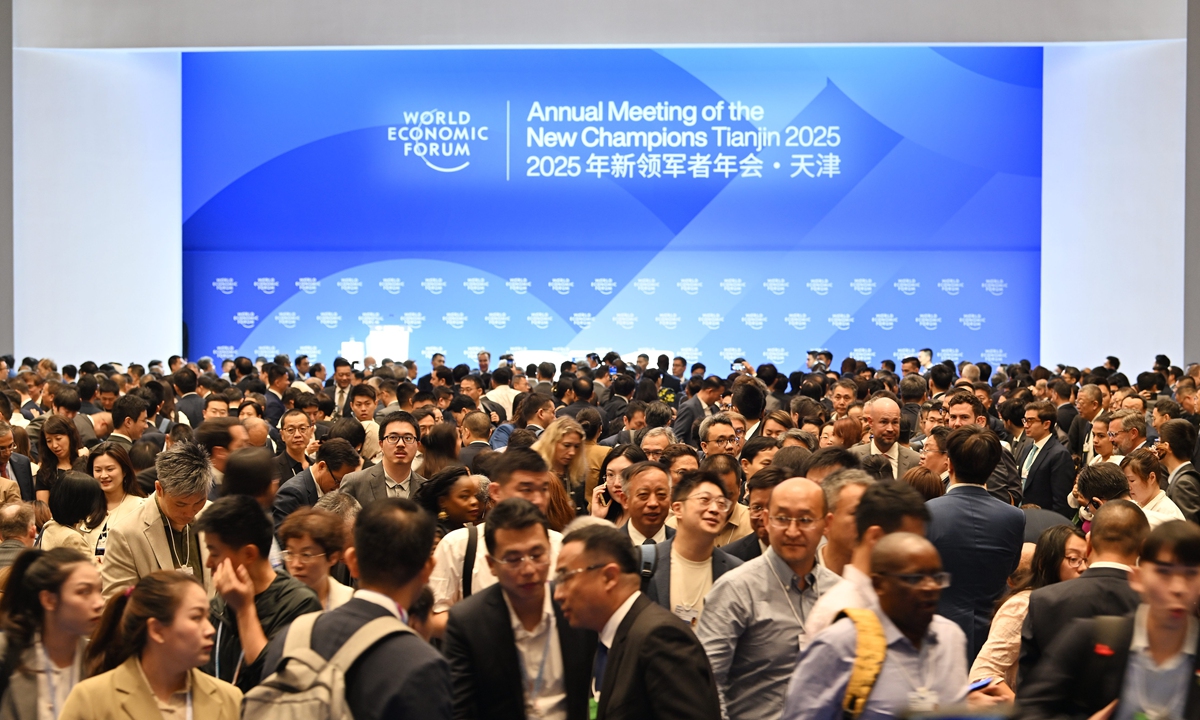(From left) Mohammad Taufik Saidon, Muhamad Hafiz Azizan and Mohd Iszuan Ismail from Alor Setar enjoying the King of Fruits at Anjung Indah in Balik Pulau, Penang. — ZHAFARAN NASIB/The Star
IT IS durian season again, but over-indulging in the King of Fruits can pose a serious risk to our health.
Universiti Sains Malaysia (USM) family medicine specialist Dr Mastura Mohd Sopian said those with diabetes, heart disease, kidney problems or high blood pressure should not binge eat.
“To enjoy the nutritional benefits of durian safely, limit intake to no more than two medium-sized pieces per day, or about 80g,” she said.
Eating too much durian could have a negative impact on blood sugar levels, she noted.
“Bingeing on durian may cause discomfort and disrupt normal metabolic functions.
“For those with chronic conditions, durian should only be consumed in small amounts, occasionally or not at all,” she added.
Dr Mastura said certain foods should be avoided when eating durian, which contains carbohydrates, vitamins and minerals.
“These include spicy dishes, caffeine, carbonated drinks, sweet fruits, desserts, soft drinks and sugar-sweetened beverages.
“Consuming these alongside durian can cause digestive discomfort and increase health risks,” she said.
“Durian also has a ‘heaty’ effect, though reactions may vary among individuals,” said Dr Mastura.
Penang Health Department nutritionist Zuhaida Harun said that like any other fruit, durian should be eaten according to the recommended serving size.
“One serving of durian is two to three pieces.
“It is high in calories and natural sugar.
“For people with diabetes, it can cause a dangerous spike in blood sugar,” she said.
Zuhaida said high consumption of durian could significantly increase a person’s overall calorie intake.
“Sometimes, bingeing can also lead to other health issues such as bloating, indigestion or feeling overheated,” she said, adding that moderation applied to all foods.
Penang health committee chairman Daniel Gooi reminded the public to practise moderation when enjoying durian, especially during the current peak season, to avoid potential health risks.
“Overindulgence, particularly in hot weather, can lead to discomfort such as a sore throat, dehydration or digestive problems,” he said.
“Drink plenty of water and exercise self-control to fully appreciate the fruit without experiencing adverse effects,” Gooi advised.
Time ripe to grow durian dynasty

Smells like success: Durians on display at a stall in SS2, Petaling Jaya. — ART CHEN/The Star
PETALING JAYA: In the world of durians, Malaysia’s Musang King may reign supreme but a new wave of contenders is emerging.
From the creamy Black Thorn and Red Prawn to the sweet Hajah Hasmah, the government is championing lesser-known premium varieties to capture growing international demand.
Other established types like Sultan and Tekka are also seeing interest, offering the fruit at a more accessible price and broadening Malaysia’s footprint in the global durian market.
Agriculture Department director-general Datuk Nor Sam Alwi said Musang King and Bukit Merah are the main varieties recommended for export due to their rich, creamy texture and strong flavour but efforts are under way to highlight other premium types such as Black Thorn, Red Prawn and Hajah Hasmah.
“These varieties are being evaluated for future certification and export readiness, based on their potential in terms of taste, texture, shelf life and suitability for long-distance shipping,” she told The Star.
Nor Sam said that Chinese nationals, in particular, are willing to pay premium prices for these varieties.
As such, she said the department is working towards registering durian varieties grown in Malaysia, conduct agronomic assessments and ensure compliance with the phytosanitary requirements of importing countri
“This includes pest disinfestation methods such as vapour heat treatment, traceability systems and farm export certification schemes,” she said.
These efforts, she said, were in line with the department’s goal of diversifying Malaysia’s durian varieties in the global market, strengthening the competitiveness of the national durian industry and maximising its export value.
The Malaysian Agricultural Research and Development Institute (Mardi) has found that there is a growing appetite for a wider range of flavours among durian enthusiasts.
“Consumers are becoming more adventurous. They are seeking out unique taste profiles. We are also seeing renewed interest in older, established clones such as D24 and Tekka, which are more affordable and offer classic durian characteristics,” it said in a statement.
Mardi said regional favourites and specific kampung durians with distinctive traits are gaining popularity, too.
On the export front, Mardi said it is focusing on developing new hybrids for domestic and global markets.
Its MDUR series (a hybrid durian clone developed by Mardi), in particular, has shown promise.
“One of the main highlights is MDUR 88 (D190), a hybrid of D10 and D24.
“It is golden yellow, slightly sticky and creamy with a flavour that many compare favourably to Musang King.”
In view of its quality, Mardi said the Agriculture and Food Security Ministry is promoting MDUR 88 for export.
“MDUR 88 has recently been rebranded as ‘MARDI Super 88’ (MS88),” it said.
Mardi is also working on other hybrids, such as MDUR 78 (D188) and MDUR 79 (D189), which offer improved yields and greater resistance to diseases like root borers and stem canker.
The institute also highlighted its broader breeding initiatives, noting that its second hybridisation programme, launched in the late 1980s, involved crosses between 10 different varieties.
Several promising hybrids from this programme are now in the final stages of assessment and are expected to be introduced under the 13th Malaysia Plan.
Mardi’s third set of hybrids is undergoing evaluation and assessment.
The institute is optimistic about the potential of these new hybrids.
“While Musang King and Black Thorn continue to set the benchmark in terms of market presence and price, we believe that our own developed hybrids, particularly MDUR 88, have the characteristics and quality to compete in the international market,” it said.
Federal Agricultural Marketing Authority (Fama) director-general Abdul Rashid Bahri said that in addition to Musang King, premium varieties including D24, Black Thorn, IOI and D9 have been sent for assessments to ensure they meet phytosanitary and quality compliance for targeted export markets like China.
“Fama is also working to expand market access beyond China and Hong Kong to countries such as the United Kingdom, Canada, the United Arab Emirates, Australia and the Netherlands,” he said.
Abdul Rashid said that strategic initiatives include participation in trade fairs, digital marketplace partnerships, in-store promotions and collaborative awareness programmes with the Malaysian embassies.
“To strengthen Malaysia’s competitive edge and credibility in premium markets, the ministry is also enhancing the national branding of agricultural produce through Malaysia’s Best, a certification that assures quality and safety for both domestic and international standards,” he said.
In 2023, Malaysia exported 54,374 tonnes of durians, valued at RM1.51bil, with China accounting for more than 45.7% of the total export.
Abdul Rashid said the volume is expected to increase following China’s approval for fresh durian imports.
“Fama will continue to work with industry stakeholders to monitor market trends, optimise logistics, and scale up capacity to meet growing international demand,” he said.
Malaysia’s durian cultivation area has been steadily expanding in recent years, with data from the Agriculture Department showing an increase from 70,286ha in 2019 to a projected 92,129ha in 2024.
Durian production followed suit, rising from 390,635 tonnes in 2020 to a projected 568,852 tonnes this year, despite some fluctuations due to weather and cost challenges.
The increase has been driven largely by global demand especially for premium varieties.
Related :







